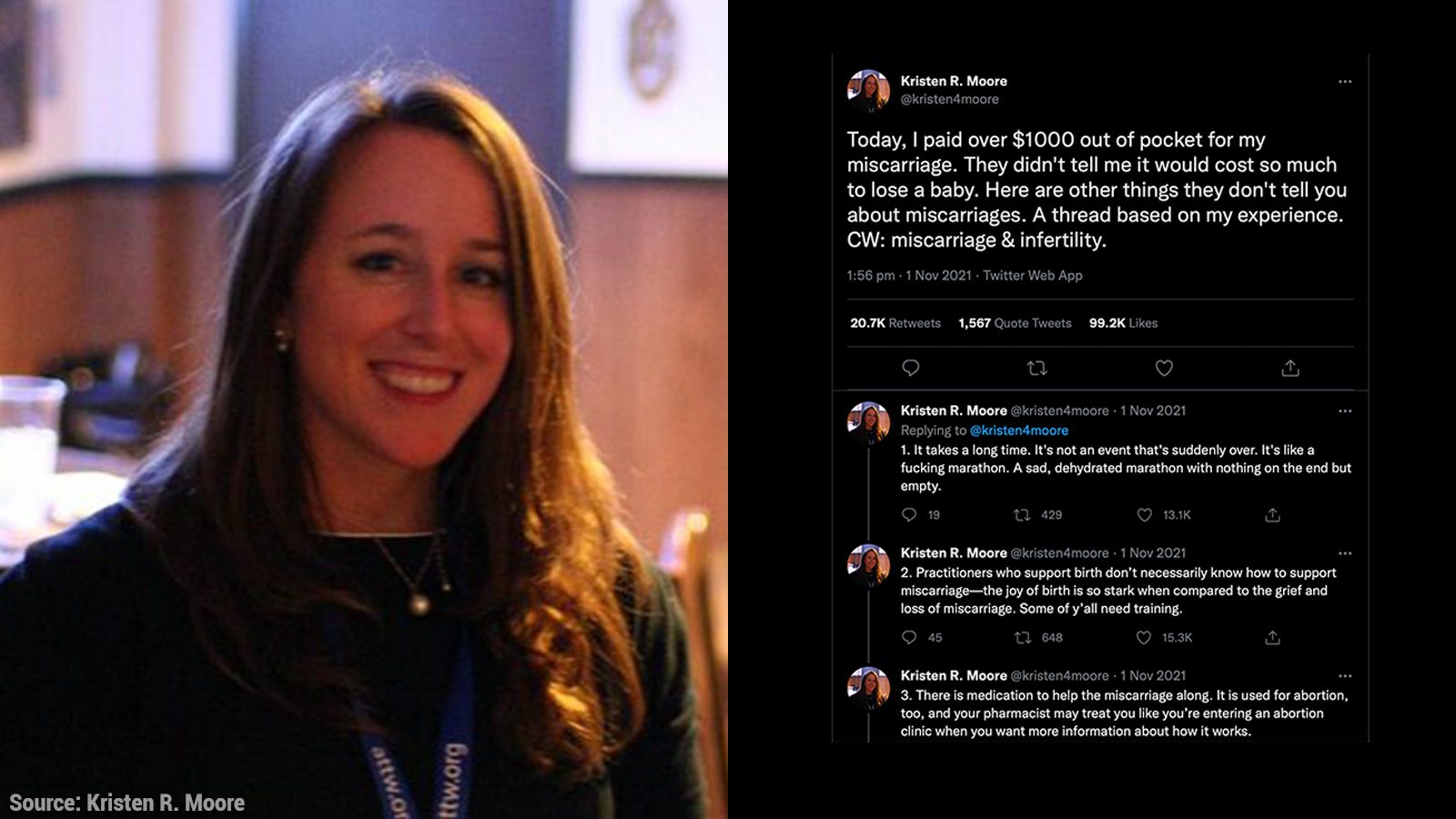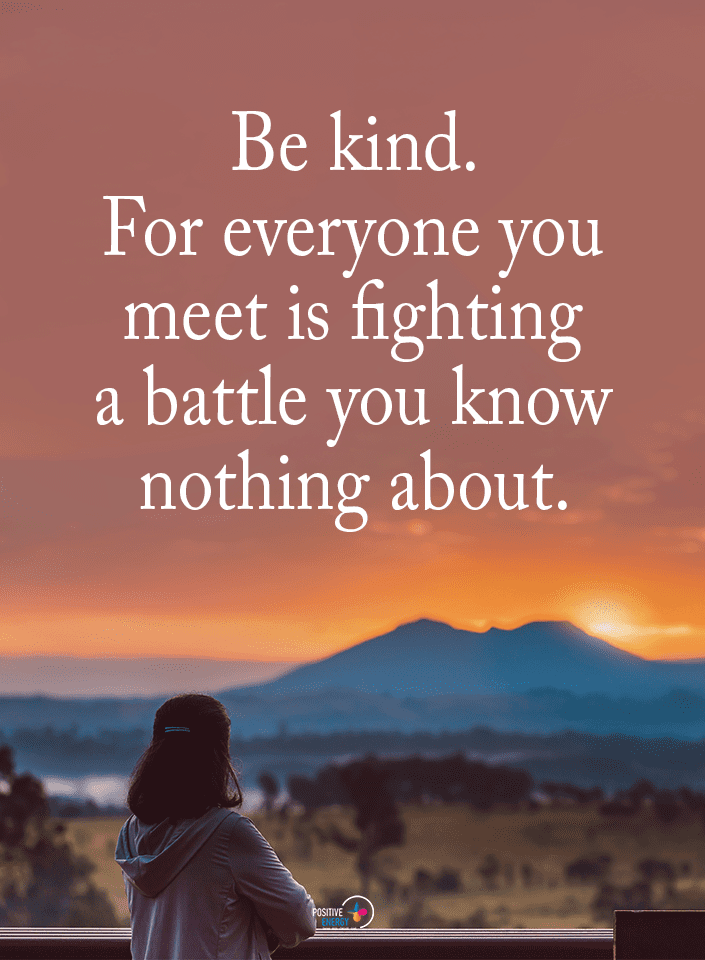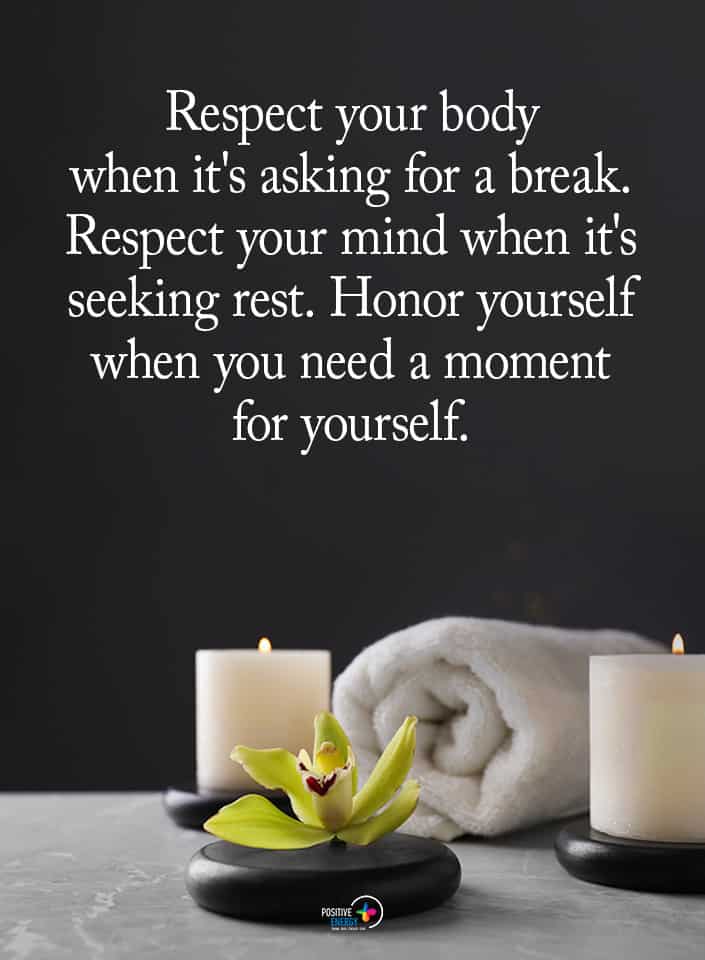Sadly, millions of women worldwide experience a miscarriage each year. Most often, miscarriages happen due to the baby having extra or missing chromosomes. Scientists estimate that around 50% of all pregnancies end in miscarriages before the mother realizes she’s pregnant. In addition, 15-25% of women who find out about the pregnancy will miscarry.
Over 80% of miscarriages occur during the first trimester; having them after twenty weeks is rare. Common symptoms reported when a woman miscarries include heavy bleeding, painful cramps, and stomach pain. She may also experience back pain, body weakness, contractions, weight loss, blood clots, and pink mucus.
The traumatic experience of losing a baby also triggers a cascade of emotions. Some women find healing by talking to supportive people in their lives, such as a partner or family member. Others may seek mental health counselors or support groups to process their feelings.
However, some women may feel too embarrassed or ashamed to admit the loss of a baby. They might even blame themselves, despite the situation being out of control. Despite increased awareness about miscarriages, many still consider it a taboo subject. Therefore, some women may not feel comfortable talking about it, even with their loved ones.
Woman Shares Fourteen Tweets About Miscarriage Most People Don’t Know.
To help end the stigma and shame, Kristen R. Moore created a Twitter thread detailing her miscarriage. She hoped that being upfront about the experience would encourage other mothers to join the conversation. Below, we’ll share the raw truth about miscarriages that often goes unnoticed.
The pain of losing a baby doesn’t just go away overnight.
1. It takes a long time. It’s not an event that’s suddenly over. It’s like a fucking marathon. A sad, dehydrated marathon with nothing on the end but empty.
— Kristen R. Moore (@kristen4moore) November 1, 2021
Medical professionals may not have the training to deal with miscarriages.
2. Practitioners who support birth don’t necessarily know how to support miscarriage—the joy of birth is so stark when compared to the grief and loss of miscarriage. Some of y’all need training.
— Kristen R. Moore (@kristen4moore) November 1, 2021
Some pharmacists may pass judgment when it comes to miscarriage medications.
3. There is medication to help the miscarriage along. It is used for abortion, too, and your pharmacist may treat you like you’re entering an abortion clinic when you want more information about how it works.
— Kristen R. Moore (@kristen4moore) November 1, 2021
The pharmacy does not always provide all the information you need.
4. The most commonly used medication is officially prescribed for ulcers; all use for miscarriage management is “off books.” This gives your pharmacist permission (tacit or explicit) to deny you information about vaginal (rather than oral) use.
— Kristen R. Moore (@kristen4moore) November 1, 2021
But, a good pharmacist will explain more about the medication.
5. The informational inserts for the medication—Misoprostol—warn you about how it can trigger miscarriage. If you have a decent pharmacist, they’ll give you supplemental information that they print off from the internet.
— Kristen R. Moore (@kristen4moore) November 1, 2021
When you get pregnant again, you immediately worry about losing another baby.
6. When you’ve been through infertility treatments, a natural pregnancy doesn’t always feel like a miracle. Sometimes it feels like a tightrope walk, a risk, a pain waiting to happen.
— Kristen R. Moore (@kristen4moore) November 1, 2021
No one can truly understand the pain you’re going through.
7. Miscarriage is so, so lonely. Y’all. The emptying of your body like that…bless it. You really DON’T want to talk about it, but you sometimes want to scream about it. Where can we go to scream?
— Kristen R. Moore (@kristen4moore) November 1, 2021
So many emotions arise when a woman miscarries.
8. You want it to speed up and slow down all at once. Hurry, hurry, hurry up, and then no, don’t go–please don’t go.
— Kristen R. Moore (@kristen4moore) November 1, 2021
Men also suffer from losing a baby, but their feelings often go unnoticed.
9. Non-birthing parents are ignored in the miscarriage experience: their grief and pain and suffering is real, too.
— Kristen R. Moore (@kristen4moore) November 1, 2021
“My husband adds that the miscarriage experience was really traumatic and long for him too. And unexpectedly so. He needs/needed those conversations as much as I did and do,” she said to Buzzfeed News.
The body takes time to adjust even though you’re not pregnant.
10. When the miscarriage happens at 13 weeks, the weight stays on; you still have to pull out the pregnancy pants, as a reminder of your previous maternity state.
— Kristen R. Moore (@kristen4moore) November 1, 2021
It’s challenging to discuss miscarriages with others.
11. No one talks about it, so you don’t know how to talk about. People say the wrong thing, but you’re so sad that you don’t want to say, “don’t ever say that to a person miscarrying.”
— Kristen R. Moore (@kristen4moore) November 1, 2021
Remember to never say these things to someone who miscarried.
12. Related, do not recommend: “But you can try again soon, right?” upon hearing the news. Also, do not recommend: “Everything happens for a reason.” Or “This is all part of God’s plan.”
— Kristen R. Moore (@kristen4moore) November 1, 2021
Even if it feels lonely, you still have people who care.
13. There are humans who feel like little angels, the tech who asks if you want to hear the lack of heartbeat, the friend you can scream with, the partner who’ll hold you in your grief. Mostly they feel like blips on a terrible painful road.
— Kristen R. Moore (@kristen4moore) November 1, 2021
As if losing a baby wasn’t heartwrenching enough, the process of miscarrying itself can cause pain. And, the procedure doesn’t come cheap.
14. It’s expensive and painful (like birth) and at the end you don’t get anything except a bill and a new playlist called, “Shit to help you get through the baby that never was.”
— Kristen R. Moore (@kristen4moore) November 1, 2021
According to an interview with Buzzfeed News, Moore conceived one child through IVF.
“We tried for seven years before we got our first positive pregnancy test through IVF, after a laparoscopy, several rounds of insemination, and years of trying ourselves,” she said.
However, she had an unexpected pregnancy a few years later, which resulted in a miscarriage. Her doctor performed a dilation and curettage (D&C) procedure to clear her uterine lining.
“I was 13 weeks along by the time I had the D&C,” she said. “I was almost 12 weeks when we couldn’t find the heartbeat. We’d heard the heartbeat several times before and had gotten the all-clear on our genetic tests. We’d just started telling people because the tests were all good,” she added.
Moore Believes Women’s Healthcare Should Be More Accessible.
Moore said that despite having great insurance, the procedure cost over $1,200. That didn’t even include the cost of copays, follow-up doctor visits, and medications. After paying the bill, she felt compelled to share her experience on social media.
She and her husband felt grateful to have the means to pay for the procedure. But, the high cost makes it inaccessible to many parents who may not have insurance. We have enough money to incur a surprise bill like that now. But a few years ago, that would have really sent us into a financial tailspin,” she said.
“I believe we should implement comprehensive healthcare reform, especially for women. That healthcare reform should include post-miscarriage support, including time off after birth and miscarriage, therapists/doula support, and a more holistic approach to training medical professionals dealing with this kind of loss. This might include articulating the complexities (physical and emotional) of recovering from miscarriage (and birth),” she said.
“But most importantly, you shouldn’t have to have a ton of money in order to receive this support. The way that class inequities shape patient care is indisputable, and those inequities intersect with other forms of inequity, like race and gender. So, Black and trans patients are likely to struggle to get the care they deserve in miscarriage situations (among others). We can and should do better,” Kristen added.
Kristen hopes her story can help other women who have experienced a miscarriage feel less alone. Some women may fear they can never get pregnant again after losing a baby. However, around 85% of women who have miscarriages go on to have healthy, full-term pregnancies.
And, having a miscarriage doesn’t always signal a fertility issue. But if you have repeated miscarriages, you should talk with your doctor. They can perform specific tests to determine why you’re miscarrying.
Final Thoughts on Things Most People Don’t Know About Miscarriages.
When Kristen Moore experienced a miscarriage, she felt so alone and misunderstood. Even pharmacists and doctors didn’t know how to deal with it. So, she took to Twitter to voice her concerns and experience.
Many women seemed to relate to her story and agreed that healthcare should have serious reform. Every woman should have access to miscarriage treatment, regardless of the cost. They also shouldn’t feel ashamed to seek care or ask questions about the procedure.
Hopefully, Kristen’s honest account of her experience provides support and comfort to many women (and men). Perhaps it will encourage women to continue advocating for their health and wellbeing.
















 Community
Community

